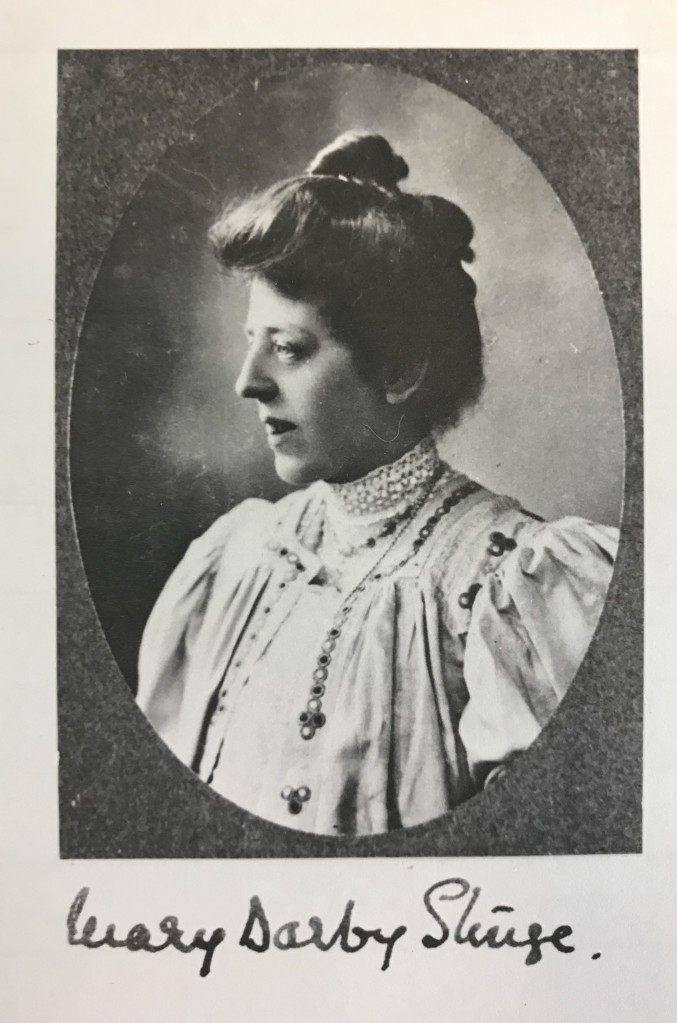Theatre has come a long way since Shakespeare’s day. Modern repertory has developed in the shadow of Shakespearean casting traditions. The stages of the early 17th-century commercial theatres were preserved for men only. When Hamlet was first staged in 1600–1601, female roles were played by a small number of highly trained boys. It took more than 50 years for this to change. On the 8th December 1660, a woman, probably Anne Marshall (later Quin), took to the stage of London’s Vere Street Theatre to play Desdemona in a production of Othello. Marshall is the first recorded professional actress to take a Shakespearean role. Beyond that, a small number of female roles in each play have shaped and restricted opportunities for actresses on the modern stage.
‘As an actress, where do you go after Cleopatra’s magnificent death?’ muses Harriet Walter on career choices in her new book Brutus and Other Heroines: Playing Shakespeare’s Roles for Women, 2016. ‘Alright, there is Volumnia in Coriolanus, or the Countess of Rousillon in All’s Well That Ends Well; Paulina (The Winter’s Tale) is a possible, and there’s mad Margaret in the first Tetralogy; but that is pretty well it, and none of them has the infinite variety of the Egyptian Queen’. Her statement takes us straight to the centre of conversations about Shakespeare and gender. But is this just about gender and equality? I think it’s much more.
Continue reading “‘Frailty, thy name is woman’ – Female Hamlets on stage” →

